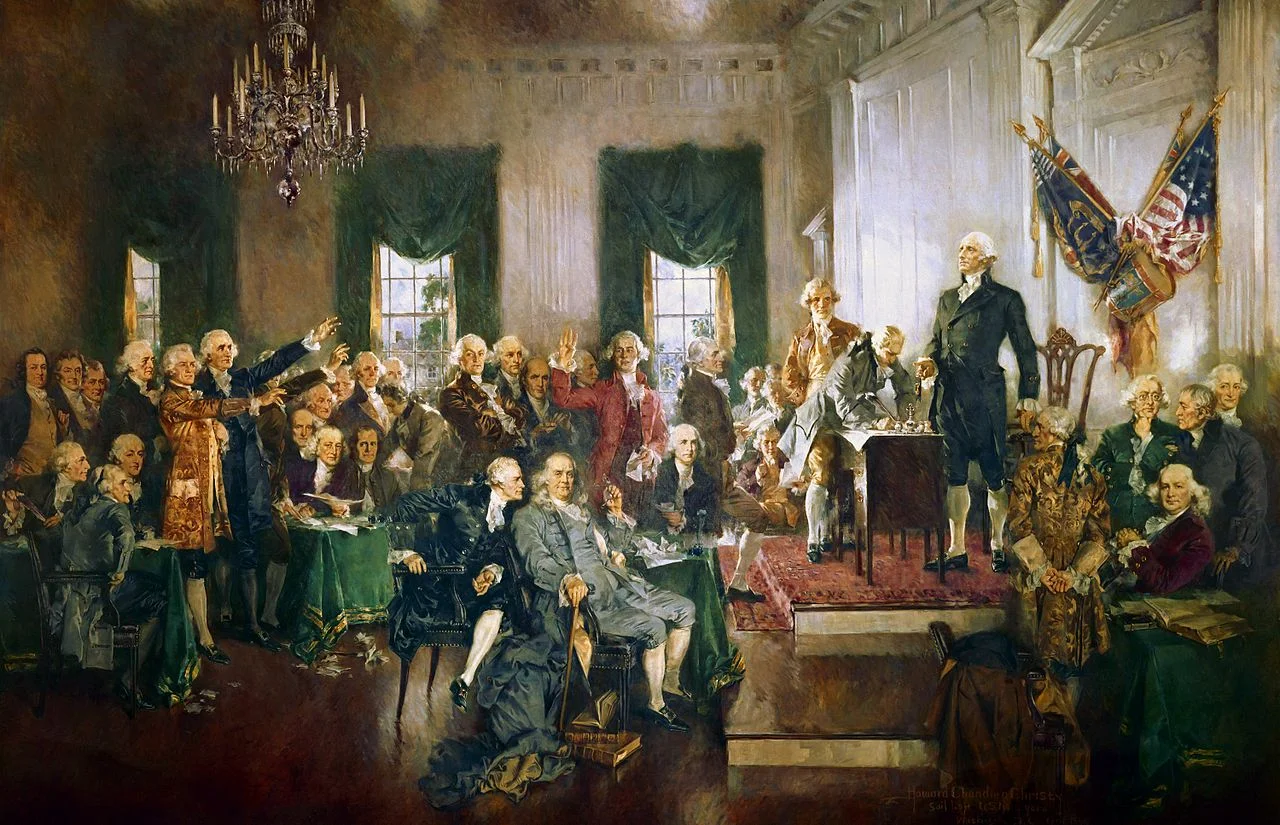John Dickinson - Part 2: Declaring Caution
John Dickinson's ideas for the direction of America did not immediately coincide with declaring independence. His actions in early July 1776 may have hurt his reputation, but it left him with a clean conscience.
Here is Part 2 of our series on Dickinson. If you missed Part One click here.
Independent
John Dickinson was at a crossroads.
He had created a government for a new nation. Now it was time to hit the start but on said nation.
The vote to approve independence for the United States of America began.
John Dickinson was not in the room.
Dickinson had purposefully been absent that day. He was against independence.
"Against independence?" you're thinking, " is this the same rebel from the last article?"
Yes, it is.
However, he was not against it because he wanted to stay British. Quite the opposite. Dickinson was a leader in the resistance from the very beginning.
John was under the impression that the best course of action was to create a new government and ally with a foreign country first. Then you separate from the Mother country
He believed declaring independence first would lead to defeat in the war.
In hindsight, it is clear Dickinson was wrong.
At the time, however, it seemed to him that without a proper government, the States would be divided by petty differences. This could be detrimental to both the war effort and the nation.
Stepping Back
After independence had been declared, any member who did not vote in favor was expelled from Congress. Dickinson’s reputation took a hit but was not tarnished completely. He had, after all, been a Patriot from the very beginning.
John then served as a Brigadier General in the Pennsylvania militia, leading 10,000 men against the British. This was short lived as his resistance to independence cast him with suspicion.
The years of 1777-79 were fairly quite for Dickinson. He relocated to Delaware, the state in which he was raised.
During this time, one of his houses in Pennsylvania was turned into a hospital by the British. The other one was burned. He was, after all, one of the rebels.
Notably, Dickinson freed his slaves in Delaware. He was one of the only people at this early stage to do so. He could not justify fighting for liberty while holding others in bondage. As one of the largest slaveholders in the State, this was quite a demonstration to his community. He would have more to say on this in the future.
Part Three ---->
Part Three of this series arrives tomorrow. Please make sure you come back to see if Dickinson redeems himself as a Founding Father.





